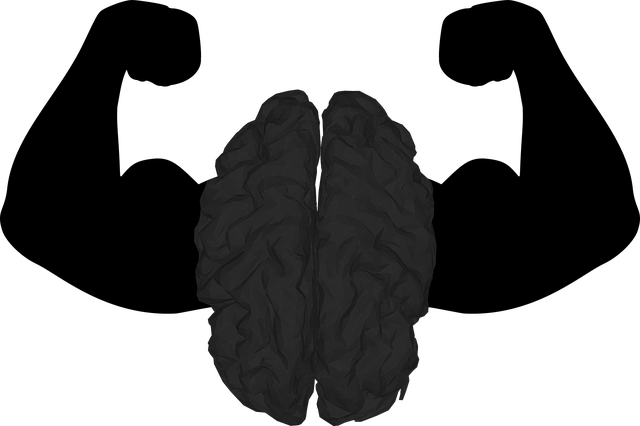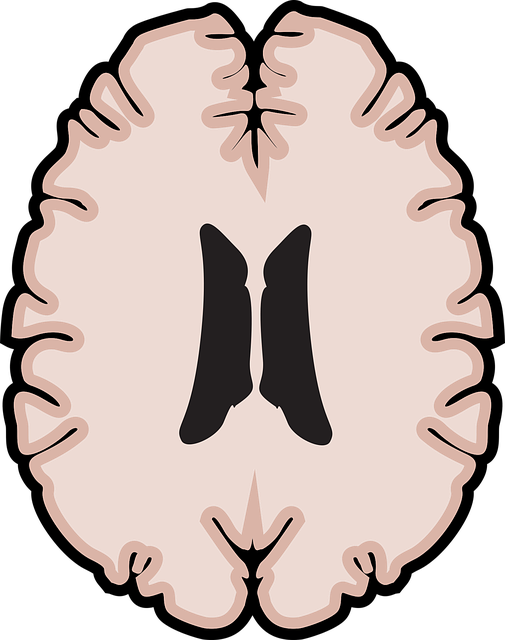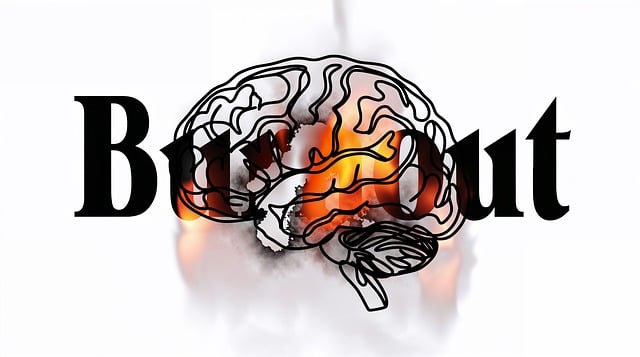Stress management begins with identifying and understanding triggers through self-awareness exercises offered by Lakewood Hebrew Speaking Therapy, which enhances coping mechanisms and resilience. Evidence-based therapies like Cognitive Behavioral Therapy (CBT) and Mindfulness-Based Stress Reduction (MBSR), backed by research, play vital roles in stress reduction. Lifestyle adjustments such as exercise, balanced diet, sleep, relaxation, self-care, setting boundaries, and social connections significantly reduce stress and improve mental well-being. Lakewood Hebrew Speaking Therapy provides tools for emotional healing, reducing mental illness stigma, and improving quality of life.
Stress reduction is an essential aspect of maintaining mental health, and Lakewood Hebrew Speaking Therapy offers valuable insights. This article explores effective strategies to navigate and mitigate stress, empowering individuals to lead calmer lives. We delve into understanding the root causes, from identifying triggers to exploring evidence-based therapies. Additionally, discover practical lifestyle adjustments and self-care practices tailored to your needs, offering a holistic approach to stress management. Embrace these methods for improved well-being, as suggested by Lakewood Hebrew Speaking Therapy experts.
- Understanding Stress: Identifying Triggers and Causes
- Evidence-Based Therapies for Effective Stress Reduction
- Lifestyle Adjustments and Self-Care Practices for a Calmer Mind
Understanding Stress: Identifying Triggers and Causes

Stress is a complex emotional response that can stem from various triggers and causes. Recognizing and understanding these factors is the first step in effective stress reduction. Many stressors are external, such as work deadlines, financial pressures, or challenging relationships, but significant internal sources exist too. These might include persistent negative thoughts, high expectations, or even certain physiological responses like chronic pain.
At Lakewood Hebrew Speaking Therapy, we emphasize the power of self-awareness exercises to identify and address these triggers. By gaining a deeper understanding of personal stressors, individuals can begin to manage their reactions more effectively. This process often involves exploring one’s thoughts, feelings, and behaviors, with a focus on cultivating healthy coping mechanisms. Additionally, improving self-esteem can be a significant factor in reducing anxiety relief, as positive self-perception strengthens resilience against stressful situations.
Evidence-Based Therapies for Effective Stress Reduction

Stress reduction is a vital aspect of maintaining good mental health, and evidence-based therapies play a crucial role in achieving this. One such effective approach is Cognitive Behavioral Therapy (CBT), which has been extensively studied and proven to be a game-changer in managing stress. CBT focuses on identifying and changing negative thought patterns and behaviors, empowering individuals to cope with stressful situations more adaptively. This therapy is widely accessible, including through Lakewood Hebrew Speaking Therapy, catering to diverse communities and promoting mental health awareness.
Additionally, Mindfulness-Based Stress Reduction (MBSR) has gained recognition for its transformative power. This therapeutic approach encourages individuals to be present in the moment, fostering a deeper connection with their thoughts and emotions. MBSR is particularly beneficial for those seeking long-term stress management and improved mental wellness. Incorporating these evidence-based therapies, as supported by research in Mental Health Policy Analysis and Advocacy, can lead to sustainable stress reduction and enhanced overall well-being, even when tailored programs like Mental Wellness Coaching Programs Development are not readily available.
Lifestyle Adjustments and Self-Care Practices for a Calmer Mind

Adopting a calmer lifestyle can significantly contribute to stress reduction and improved mental well-being. Simple yet powerful adjustments like regular exercise, a balanced diet, and adequate sleep play a pivotal role in managing stress levels. Engaging in activities that foster relaxation, such as meditation or mindfulness practices, can help individuals regain a sense of control and emotional balance. Additionally, prioritizing self-care is essential; this includes setting boundaries to avoid overcommitment, engaging in hobbies, and connecting with loved ones.
The benefits of these lifestyle adjustments extend beyond stress reduction. They are integral to the overall emotional healing processes and play a supportive role in mental illness stigma reduction efforts. By incorporating these practices into daily routines, individuals can enhance their resilience and better navigate life’s challenges, ultimately leading to improved quality of life. Incorporating strategies like those offered by Lakewood Hebrew Speaking Therapy can empower folks to take charge of their mental health and embrace a calmer, more balanced mindset.
Stress reduction is a journey unique to each individual, and by understanding your triggers, exploring evidence-based therapies, and adopting beneficial lifestyle adjustments, you can take control of your mental well-being. At Lakewood Hebrew Speaking Therapy, we emphasize the importance of personalized approaches to stress management, offering tailored strategies to help individuals navigate and overcome their challenges. With dedication and the right tools, achieving a calmer mind is achievable, leading to an improved quality of life.














